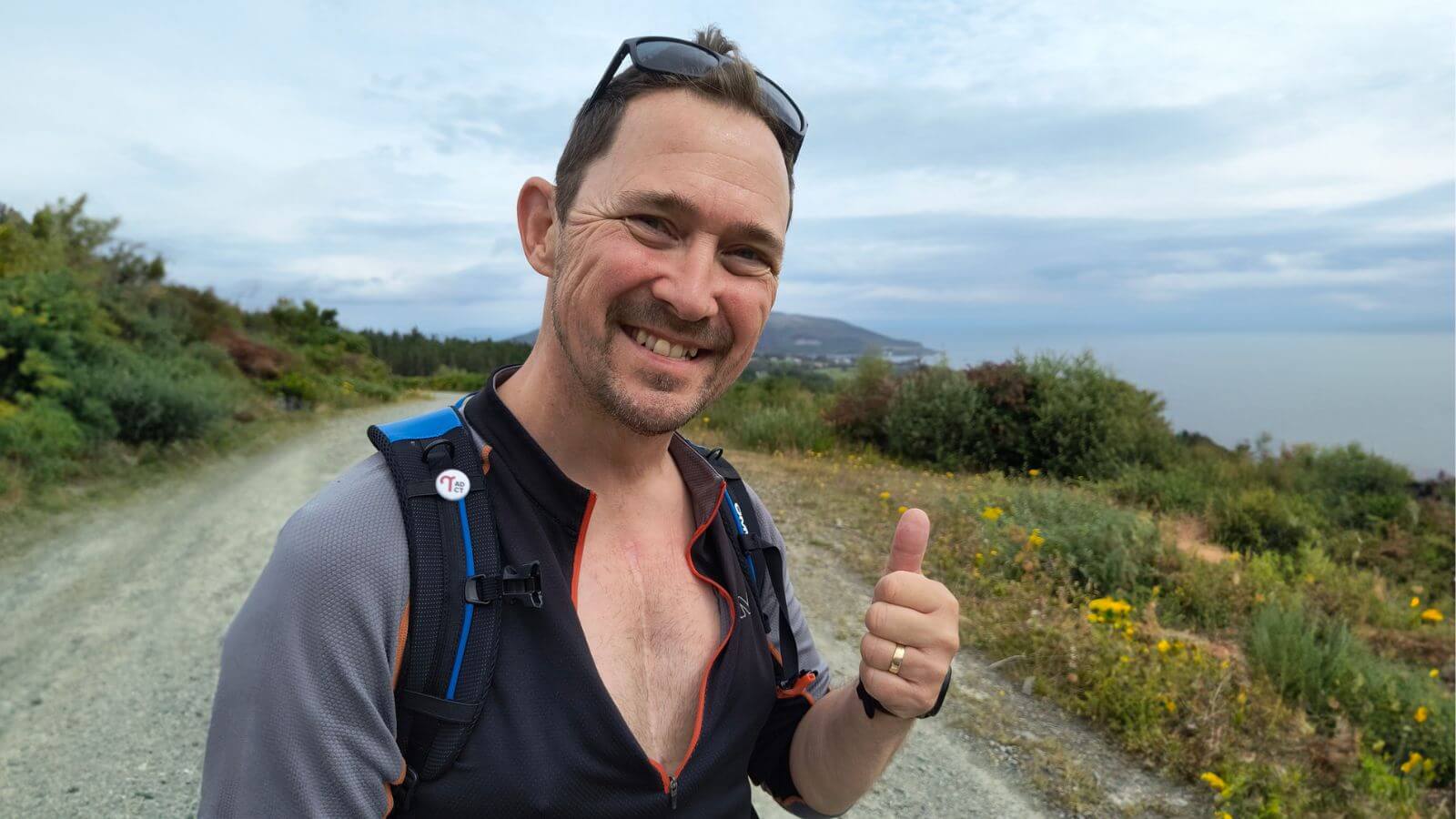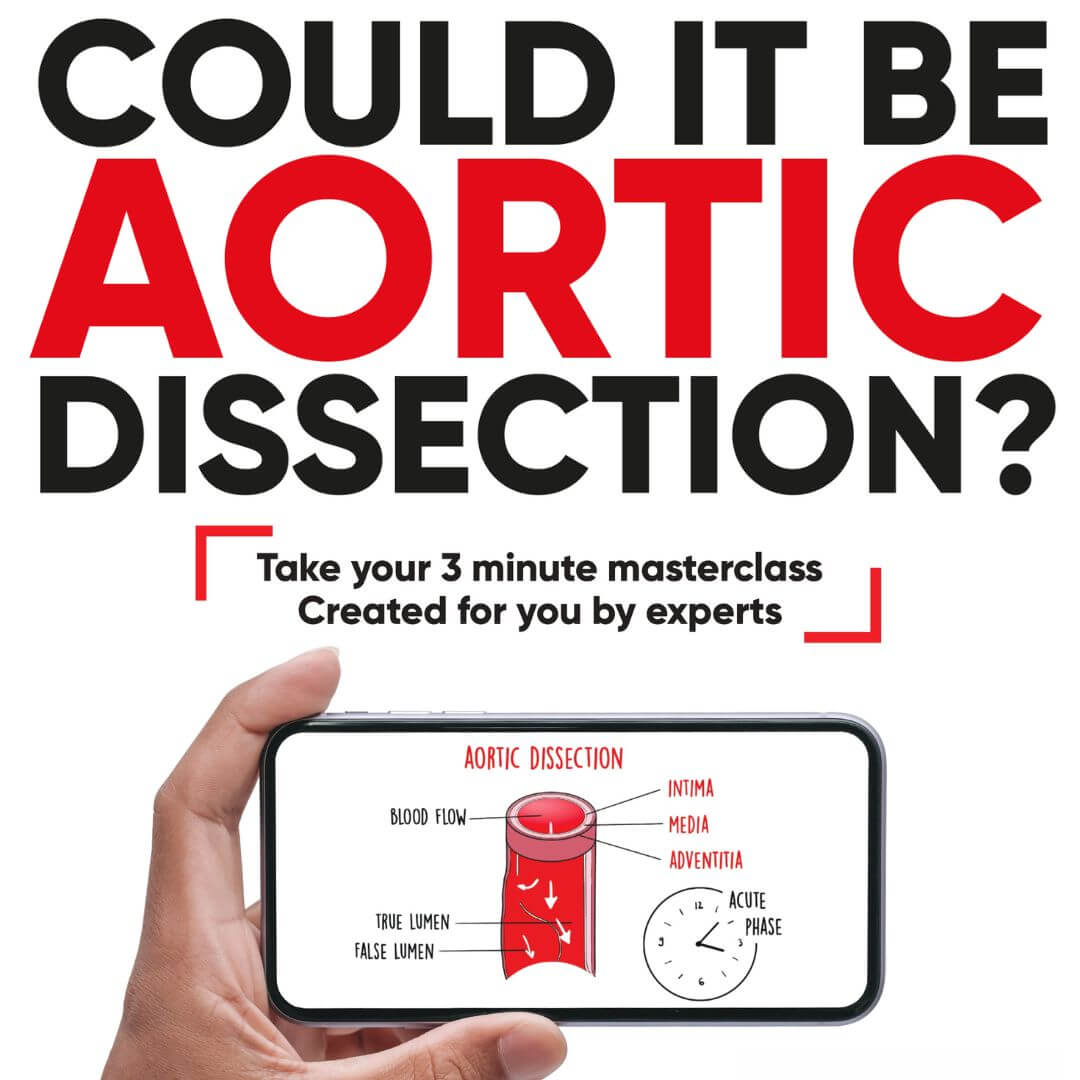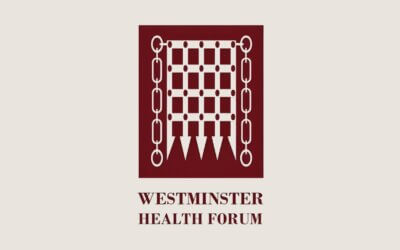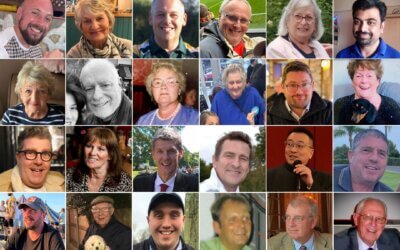Rare diseases present unique challenges to patients, families and healthcare professionals. For conditions like aortic dissection, timely diagnosis, specialised care, and long-term support are critical to improving outcomes and quality of life. The charity, in partnership with Beacon, which builds a united rare disease support community, and with contributions featured in the British Journal of Cardiac Nursing, plays a pivotal role in addressing these challenges through collaboration, advocacy and a patient-centred approach.
Breaking Barriers Through Partnership
As a charity led by patients, family members and medical professionals, the Aortic Dissection Charitable Trust is uniquely positioned to foster connections across the AD field. By working with stakeholders such as clinicians, carers, patient support groups, and industry leaders, the charity creates a collaborative platform that bridges gaps in care. Partnering with Beacon, a UK-based rare disease charity, strengthens this network, ensuring that no patient or family faces their journey alone.
Beacon offers training to empower patient support groups, many of which are voluntary, enabling them to professionalise and grow. This strengthens their ability to advocate for individuals living with rare conditions. As Beacon says, “No one should face their rare journey alone,” a sentiment echoed by the charity in its commitment to addressing the needs of the aortic dissection community.
Think Rare in Aortic Care
The recent edition of the British Journal of Cardiac Nursing highlights the critical need for nurses to adopt a “think rare” mindset. Complex cases involving undiagnosed or rare diseases, such as aortic dissection, increasingly feature in healthcare settings. Nurses, often the first point of contact for patients, must be equipped to identify subtle red flags, such as sudden chest pain, asymmetrical blood pressure readings, or other atypical symptoms.
As Thompson et al. point out in the journal, “Understanding the importance of ‘thinking rare’ and identifying red flags can bring nurses closer to recognising a potential rare disease.” This perspective is particularly relevant in primary care, where patients may initially present with symptoms that are difficult to categorise. Early recognition, combined with rapid access to appropriate diagnostic tools and specialist care, is vital. The article underlines that “the application of clinical reasoning is core to many roles and is no longer reserved just for advanced practice nurses,” a clear indication of the evolving scope of nursing responsibilities.
Early Symptoms and Rapid Action
Martin’s story offers a powerful example of the challenges and successes in managing this condition. His journey – from the initial life-threatening event to his recovery and return to competitive sport – highlights the importance of timely diagnosis and integrated care.
His story began during a routine run when he experienced unusual chest and throat sensations. Though initially dismissed as indigestion, his worsening condition prompted his wife to call an ambulance. Quick action by first responders and a thorough assessment at the hospital led to a life-saving diagnosis. Reflecting on his experience, Martin said, “To be told that something had happened that was worse than a heart attack was simply staggering. I think it’s really important for people to be aware of the clinical process and the good practices that I experienced.”
Martin’s recovery underlines the importance of addressing both the physical and psychological dimensions of care. His successful rehabilitation demonstrates the value of structured support systems, but it also highlights areas where improvements can be made to ensure every patient has access to comprehensive care.

Psychological Recovery
The psychological toll of aortic dissection is profound. Dr Mark Griffiths, Consultant Clinical Psychologist, explains: “Experiencing a dissection can be life-changing; prompting a high burden of psychological consequences that can challenge the individual’s ability to cope, their sense of self and their relationships with others. Also, commonly challenging hopes for the future and prompting significant fears, looking ahead.” Dr Griffiths stressed the need for long-term psychological support pathways, noting, “This is essential for optimal recovery to be viable.”
Exercise and Lifestyle Management
For Martin, returning to physical activity was integral to his recovery. As Dr Bejal Pandya, Congenital Cardiologist, explains, “Exercise should not be avoided after acute aortic syndromes and actively encouraged whilst maintaining good blood pressure control. Martin is an excellent example whereby structured exercise rehabilitation has allowed him to compete again.” Personalised exercise plans tailored to recovery stages ensure patients maintain cardiovascular health without undue stress.
A Multidisciplinary Approach
The recent aortic dissection nurse symposium brought together experts to share best practices and insights. Úna Ahearn, Advanced Nurse Practitioner, outlined key areas where nursing care is pivotal:
- Early Recognition and Response: Nurses must be trained to identify the subtle signs of aortic dissection and other aortic conditions.
- Holistic Patient Care: Patients require comprehensive care that goes beyond the immediate medical intervention.
- Collaboration and Communication: Effective multidisciplinary teamwork is critical. From the emergency responders to the cardiac surgeons and rehabilitation specialists, every link in the chain must be strong.
- Education and Training: Continuous learning for nurses ensures they stay updated on the latest diagnostic protocols and treatments.
- Patient and Family Education: Empowering patients with knowledge fosters engagement in their own recovery.
Building a Community of Practice
To further support nurses and improve patient outcomes, the Aortic Dissection Charitable Trust is establishing a community of practice dedicated to advancing knowledge and collaboration in this field. As part of this initiative, the charity is also funding places for new nurses and advanced practitioners in the NHS, helping to strengthen the workforce and ensure more healthcare professionals are equipped to support aortic dissection patients.
Rare diseases like aortic dissection require an integrated and compassionate approach to care. By fostering partnerships, advancing education, and focusing on the lived experiences of patients, the charity and its collaborators are driving meaningful progress.
As Beacon reminds us, “No one should face their rare journey alone.” Together, through collaboration, education, and advocacy, we can ensure that patients and families living with rare conditions receive the care and support they deserve.




